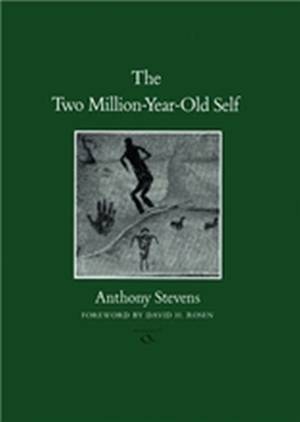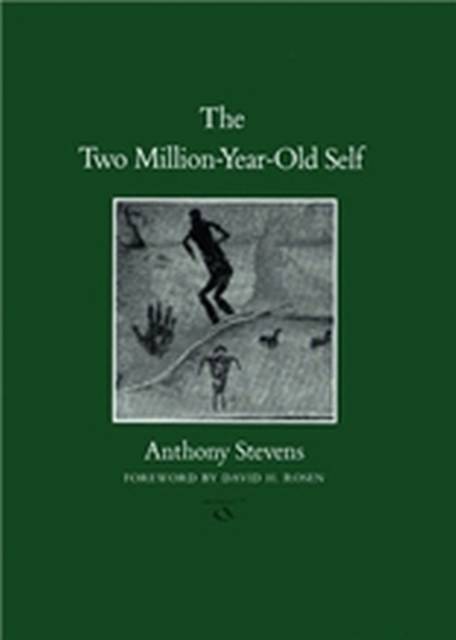
- Retrait gratuit dans votre magasin Club
- 7.000.000 titres dans notre catalogue
- Payer en toute sécurité
- Toujours un magasin près de chez vous
- Retrait gratuit dans votre magasin Club
- 7.000.0000 titres dans notre catalogue
- Payer en toute sécurité
- Toujours un magasin près de chez vous
Description
Also available in an open-access, full-text edition at http: //oaktrust.library.tamu.edu/handle/1969.1/85768 With the evolution of human consciousness, nature has finally become conscious of itself. It has taken eons of time, this lumbering progress through the minds of reptiles, mammals, and primates, and it is still working its purpose out in the archetypes of the collective unconscious encoded in the most ancient parts of the human brain. The recent evolutionary history of our species, which Jung personified as "the two million-year-old human being in us all," is still active in our dreams, myths, psychiatric symptoms, traditional healing practices, and typical patterns of behavior. And it is still struggling to help us survive in the often alienating conditions of the modern world. Through a wide-ranging review of developments in anthropology, ethology, sociobiology, neuroscience, psycholinguistics, and Jungian psychology, Anthony Stevens explores the nature of the two million-year-old Self and examines ways in which the contemporary world both fulfills and frustrates its basic needs and intentions. Drawing on his experience as an analyst, Stevens evokes dreams and psychiatry to reveal a compelling and challenging view of the two million-year-old Self as embodying no less than the will of nature, providing ancient wisdom that we neglect at our collective peril. By granting close attention to nature's mind, Stevens argues, we not only further personal wholeness but help redress the gross imbalances of our culture, which are threatening the destruction of the earth. For the ecologically concerned, this book offers a dramatic new perspective on our future relations with our planet.
Spécifications
Parties prenantes
- Auteur(s) :
- Editeur:
Contenu
- Nombre de pages :
- 160
- Langue:
- Anglais
- Collection :
Caractéristiques
- EAN:
- 9781585444953
- Date de parution :
- 09-08-05
- Format:
- Livre broché
- Format numérique:
- Trade paperback (VS)
- Dimensions :
- 142 mm x 216 mm
- Poids :
- 213 g

Les avis
Nous publions uniquement les avis qui respectent les conditions requises. Consultez nos conditions pour les avis.






